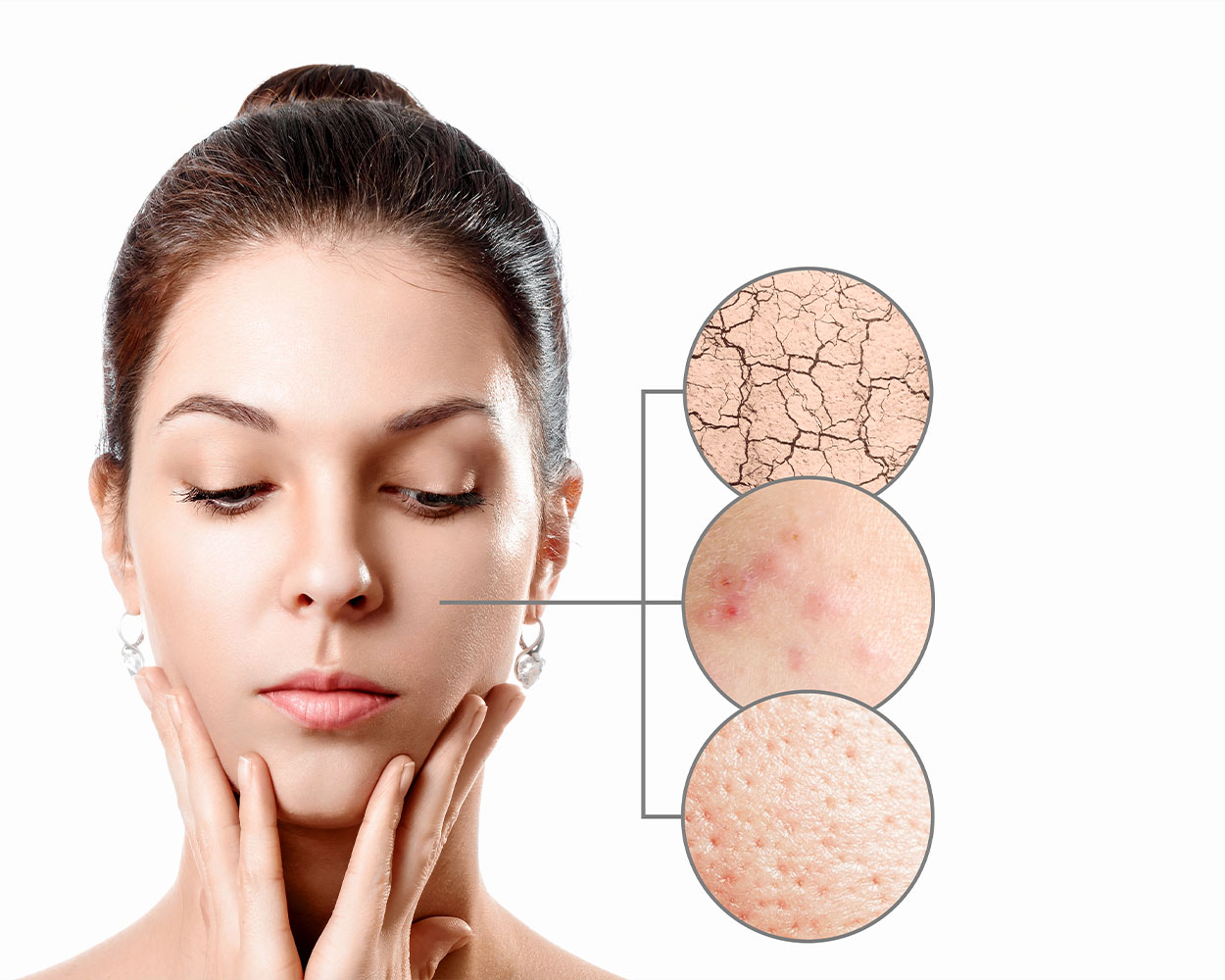Your skin is much more than just a protective barrier – it's your body's largest organ, and it's absolutely fascinating! From its incredible regenerative powers to its complex ecosystem of beneficial bacteria, your skin is working 24/7 to keep you healthy and safe.
Most of us take our skin for granted, but understanding how this amazing organ works can help us better care for it and appreciate the incredible biological processes happening right beneath the surface. Here are 10 surprising facts about your skin that will change how you think about skincare and overall health.
1. Your Skin Is Your Body's Largest Organ
When we think of organs, we usually picture the heart, lungs, or liver. But your skin is actually your body's largest organ, weighing approximately 8 pounds and covering about 22 square feet in adults. That's roughly the size of a large blanket!
This massive organ serves multiple critical functions:
- Acts as a barrier against harmful bacteria and UV radiation
- Regulates body temperature through sweating and blood vessel dilation
- Produces vitamin D when exposed to sunlight
- Provides sensory information about the environment
2. You Shed 30,000-40,000 Dead Skin Cells Every Minute
Your skin is constantly renewing itself through a process called desquamation. Every single minute, you naturally shed thousands of microscopic dead skin cells – that's about 9 pounds of skin cells per year!
This constant shedding is why regular exfoliation is so beneficial. By helping remove the buildup of dead cells, you reveal the fresh, healthy skin underneath and promote better absorption of skincare products.
3. Your Skin Completely Regenerates Every 28 Days
The skin you're in today is completely different from the skin you had a month ago. Skin cells are constantly being produced in the deepest layer (the basal layer) and gradually move up through the layers until they reach the surface and are shed.
This is why consistent skincare routines are so important – you need to give your skin time to complete several renewal cycles to see real improvements in texture, tone, and overall health.
4. Your Skin Hosts Trillions of Beneficial Bacteria
Far from being sterile, your skin is home to a diverse ecosystem of microorganisms known as the skin microbiome. This includes:
- Over 1,000 different species of bacteria
- Fungi, viruses, and other microorganisms
- Different microbial communities in different areas of your body
These beneficial bacteria help protect against harmful pathogens, maintain proper pH levels, and even influence your immune system. This is why over-cleansing or using harsh antibacterial products can sometimes do more harm than good.
5. Body Odor Comes From Bacteria, Not Sweat
Contrary to popular belief, sweat itself is actually odorless. Body odor comes from bacteria breaking down the fatty compounds in sweat produced by your apocrine glands (found mainly in areas like armpits and groin).
This is why antiperspirants work differently from deodorants:
- Antiperspirants block sweat production
- Deodorants kill bacteria or mask odor
6. Your Fingerprints Serve a Crucial Function
Fingerprints aren't just for identification – they actually increase friction and help you grip objects more effectively. The raised ridges and valleys create more surface area and channel away moisture, giving you better grip even when your hands are wet.
Interestingly, koalas and some other primates also have fingerprint-like ridges for the same purpose!
7. Your Skin Has Its Own Immune System
Your skin doesn't just act as a passive barrier – it has its own sophisticated immune system called skin-associated lymphoid tissue (SALT). This system includes:
- Specialized immune cells called Langerhans cells
- T-cells that patrol for threats
- Antimicrobial peptides that fight bacteria
- Inflammatory responses to protect against infection
This is why wounds typically heal without infection and why your skin can often fight off harmful bacteria on its own.
8. Different Areas of Your Body Have Dramatically Different Skin Thicknesses
Not all skin is created equal! The thickness of your skin varies dramatically across your body:
- Thickest: Soles of feet and palms (up to 4mm thick)
- Thinnest: Eyelids (less than 0.5mm thick)
- Face: Generally thinner and more sensitive
- Body: Medium thickness, varies by location
This is why different areas require different skincare approaches – what works on your body might be too harsh for your face or not effective enough for your feet.
9. Your Skin Is Slightly Acidic for Good Reason
Healthy skin has a slightly acidic pH of around 5.5, which is maintained by the "acid mantle" – a thin, protective layer of sebum and sweat. This acidity:
- Inhibits harmful bacteria growth
- Maintains beneficial bacteria
- Keeps skin barrier function optimal
- Helps enzymes function properly
Using pH-balanced skincare products (around 5.5) helps maintain this natural protective barrier.
10. Your Skin Produces Natural Sunscreen
When exposed to UV light, your skin naturally produces melanin – the pigment that gives skin its color. Melanin acts as a natural sunscreen by absorbing and scattering UV rays to protect deeper skin layers from damage.
This is why people with naturally darker skin tones have more inherent protection against UV damage, though everyone still needs additional sun protection for optimal skin health.
How to Use This Knowledge for Better Skin Health
Understanding these facts about your skin can help you make better skincare decisions:
Support Your Skin Barrier
- Use gentle, pH-balanced cleansers
- Don't over-wash or over-exfoliate
- Keep skin well-moisturized
- Protect against sun damage
Respect Your Skin Microbiome
- Avoid harsh antibacterial products for daily use
- Consider probiotic skincare products
- Don't strip your skin of all natural oils
- Let minor cuts and scrapes heal naturally when possible
Be Patient with Results
- Give new products at least 4-6 weeks to show results
- Remember that skin renewal takes time
- Focus on consistent, long-term care rather than quick fixes
Your Skin Is Truly Amazing
Your skin is far more complex and capable than you might have imagined. It's a dynamic, living organ that's constantly working to protect you, regulate your body temperature, provide sensory input, and even manufacture essential vitamins.
By understanding and respecting these incredible functions, you can make more informed decisions about your skincare routine and overall health. Remember, healthy skin isn't just about looking good – it's about supporting one of your body's most important organs in doing its job effectively.
Take a moment to appreciate the amazing biological processes happening in your skin right now. Every day, your skin performs countless functions to keep you healthy, comfortable, and connected to the world around you. It truly deserves our care, respect, and admiration!

